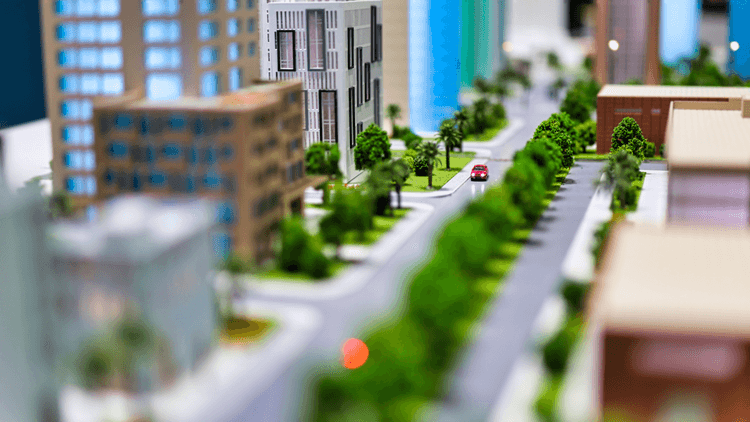European Parliament calls for direct funding for urban areas to build more inclusive and greener cities

Urban areas, where three-fifths of the EU population live, have been hit particularly hard by the Covid-19 pandemic. But despite dwindling economic activity, high rates of infection and often inadequate resources, they’ve shown leadership in managing the crisis on the frontline, trying to limit the spread of coronavirus and mitigate its impact on the ground. The economic and social damage caused by the crisis is only the indicator of much deeper-rooted issues, such as lack of affordable housing, risk of exclusion, insufficient places for childcare or outdated transport infrastructures.
In her report to the Parliamentary Committee on Regional Policy (REGI) on the challenges for urban areas in the post-Covid-19 era, which will be adopted tomorrow in the plenary session of the European Parliament in Strasbourg, Katalin CSEH (Momentum, Hungary) calls for the better involvement of local actors in the Covid-19 recovery efforts. She is convinced that this is the only way to build more inclusive, innovative, and greener cities.
“There is no doubt that local governments must be engaged as key partners of the recovery from Covid-19. This is a guarantee to ensure that crisis relief reaches those communities who need it the most. Since the start of the pandemic, across Hungary we are witnessing opposition-led municipalities being kept at a disadvantage when it comes to crisis relief. In our report, we urge the Commission to make direct funding opportunities available to local and regional authorities, creating a powerful instrument that will enable the fight against political favouritism. Considering the upcoming ECJ ruling on the application of the rule of law conditionality mechanism, direct funding is more crucial than ever. Cities should never have to pay for the wrongdoing of their governments. Renew Europe has been calling for directly accessible EU funding to be part of the conditionality mechanism since day one. It’s time to make it happen”.
Rapporteur of the opinion given by the Parliamentary Committee on Transport (TRAN), Vlad GHEORGHE (USR, Romania) highlights that around 40% of the road fatalities occur in urban areas. Therefore, he calls to prioritise the safety of urban transport infrastructure. The Commission should support cities and towns across all the EU in developing and implementing their Sustainable Urban Mobility Plans. In addition, it should mobilise major financing to build and repair transport infrastructure to achieve the zero-fatalities goal.